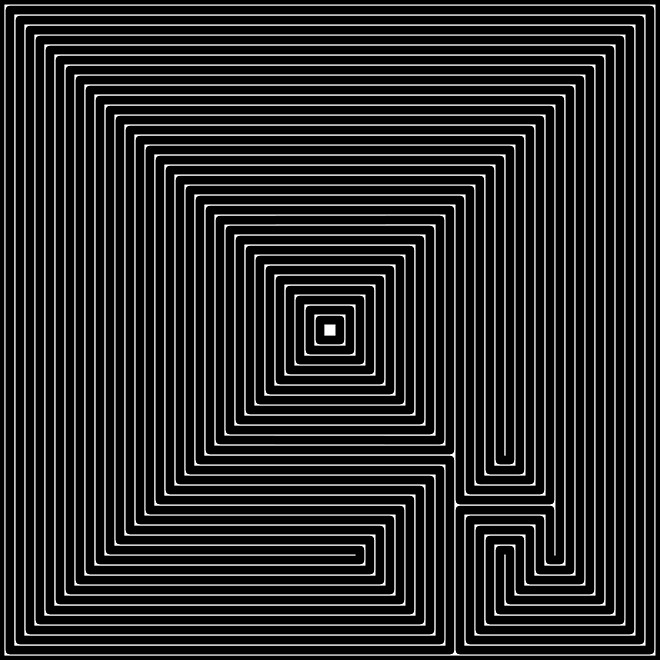Nasser Al-Salem’s work is essentially the Arabic written word, therefore he considers himself to be first and foremost a calligrapher. However, neon rods and wooden columns are not usually a calligrapher’s tools. This is Nasser’s first solo exhibition at Athr Gallery, in which he explores new non-conventional mixed media ways of producing his calligraphic designs.
Throughout the ages and until today, the most traditional medium for calligraphy has been ink on paper. Although Nasser’s training has been traditional, he felt that it was not enough to inscribe the word on paper, he needed to do more justice to the concept of the word by means other than mere inscription.
This exhibition demonstrates Nasser’s unique tri-partite approach to calligraphy – the word, the medium, and the aesthetic. The artist’s background in the field of architecture allows him to incorporate both design and perspective into his work, giving it compelling 3D properties. This dynamic method provides the viewer with a multi-layered path with which to approach the artwork, each layer further reinforcing the ultimate concept of the work.
The work ‘And do you not see within yourselves?’ (Sura51, verse 21) is a Koranic verse depicted in a style reminiscent of the Kufic script, using reflective stainless steel. The verse encourages one to contemplate their own selves in order to discover the wonder and total perfection of God’s creation. Through Nasser’s use of stainless steel, he reinforces the message of verse, for whilst reading the work, the viewer will literally also see a reflection of themselves, thus in turn, encouraging them to reflect upon their own creation.
In the tradition of calligraphy, Nasser’s work is devotional. They are inspired by the Kor’an and the tenets of his faith. However, looking at his work, they are far from the usual ‘Hamdillah’ (thanks be to God) and ‘Bismillah’ (in the Name of God) subjects of calligraphy. Nasser’s concepts venture far outside calligraphy’s traditional box of contents. His artworks shed light on verses and concepts that lie outside the mainstream and that have particular resonance with him.
For example, in one work, he explores the word ‘Kul’, the direct translation for which is ‘all’ or ‘everything’, a word that typically does not have any special significance. However, the artist calligraphically depicts it in repetition, so that it resembles an endless ripple effect. He thus, sheds light on his own unique discovery of the spiritual potential of this word and its underlying connotations of infinity and all-encompassing power.
And it Remains... is proof of the timeless power of calligraphy. However, it also prompts the viewers to re-think the definition of calligraphy as they know it, and to acknowledge its far-reaching conceptual possibilities and the impactful role that it has to play in contemporary artistic practice.




